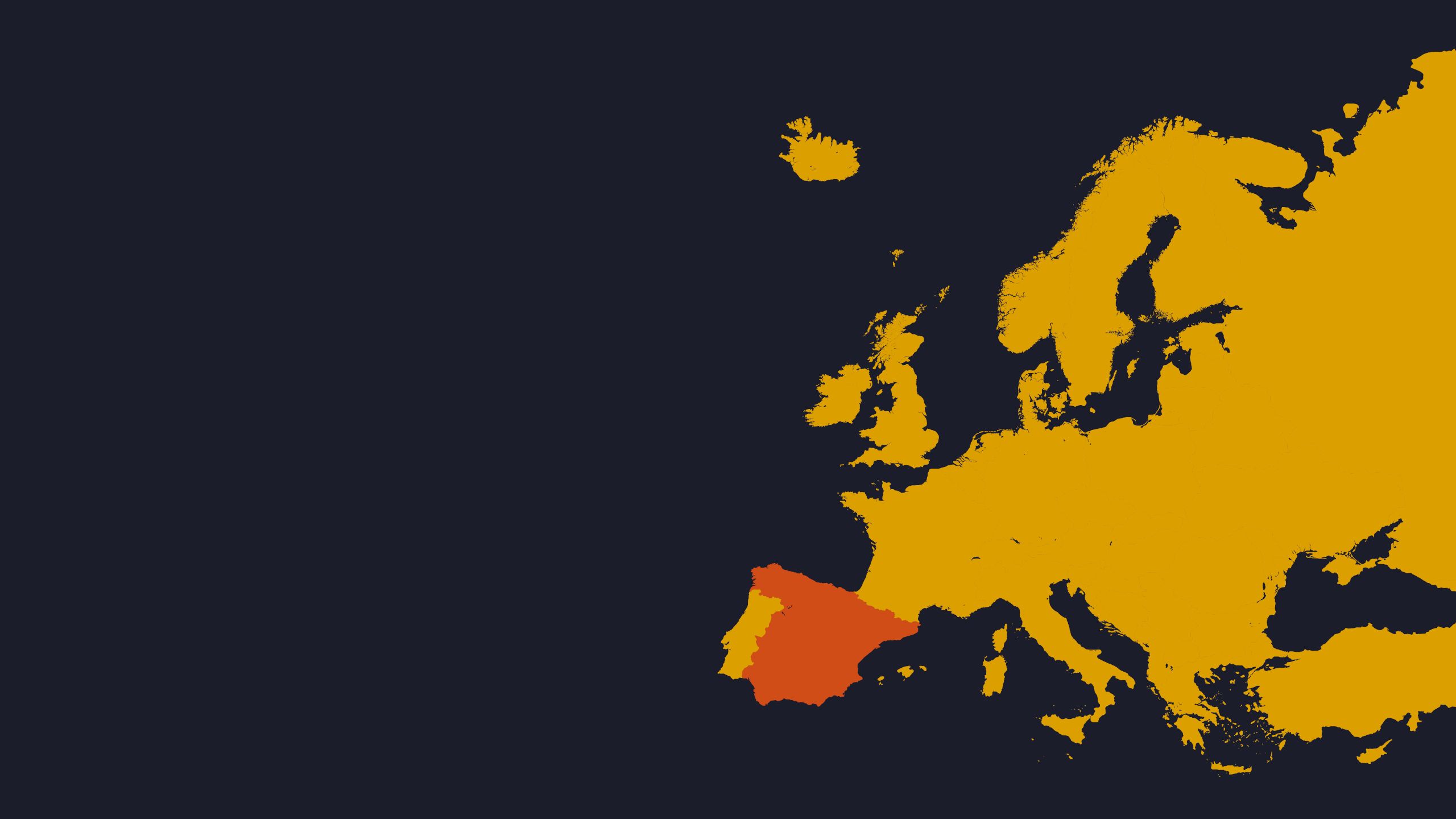Upward trajectory
Analysis of the Spanish market
Business travel has come striding back in Spain, where the outbound international market is closing in on the domestic rebound

According to the latest GBTA BTI Outlook, Spain is currently the 11th biggest business travel market globally, with total spend of $16.7 billion during 2022, increasing by 67% during the year.
The increase in business travel spend in 2022 was also reflected in the number of business trips taken. According to the Instituto Nacional de Estadistica the number of trips increased from 12.4 million in 2021 to 14.5 million in 2022, compared with 2019 pre-pandemic figure of 16.1 million. Interestingly, the statistics bureau says that the number of overnight stays has already surpassed 2019 levels.
Meanwhile, research released by the Spanish Convention Bureau showed that the Spanish meetings industry generated €10.4 billion in 2022, almost double the figure of the previous year with a further 15% growth predicted for 2023.
International travellers began to return to Spanish hotels in greater numbers in 2022, beginning to outstrip domestic demand once again. Occupancy in the first nine months of 2022 rose to 65.8%, just shy of the 67.3% experienced in 2019, according to hotel consultants Christie & Co. The average daily rate jumped to a record €106.50, driven by rising energy costs and supply scarcity.
NH Hotels, one of Spain’s major business hotel chains, said that the recovery in its business had been much faster than expected since March of last year. During the year it exceeded all of the financial metrics of the 2019 financial year. The company said it had “made the most of the speedy reactivation of leisure and business travellers, where the weight of domestic demand is a competitive advantage, implementing a solid pricing strategy and maintaining strict control over costs”.
In the air sector, Iberia doubled passenger revenues to €5.5 billion in 2022 compared with the previous year, generating an operating profit of €382 million. The upturn was linked to strong demand domestically, in Europe and in the Latin American-Caribbean regions. During the year, Iberia partnered with Trip.com to implement a New Distribution Capability solution for the airlines' direct sales. The airline is predicting a return to pre-pandemic levels of travel in 2023.
"Lower fares and growing sustainability considerations mean more people are choosing rail journeys over air travel"
2022 was the first full year of competition on rail services between Madrid and Barcelona with France’s Ouigo and the Spanish private rail operator Iryo. In the fourth quarter of 2022, around a million more people were taking the train between the two cities than in the previous year with incumbent Renfe maintaining traffic of around 3 million passengers during the period. On the Madrid-Valencia route, also now open to competition from the same operators, the number of passengers had doubled during the year. Competition will also start on the Madrid-Alicante route from the second quarter of 2023. The lower fares and sustainability considerations mean more people are choosing rail over air.
Megamerger business continued in Spain’s travel industry in 2022. In February, El Corte Inglés closed a merger with Logitravel to create the VECI Travel Group with Victór del Pozo as president and Jordi Schoenenberger as CEO. When the merger was first announced in mid-2021, the companies said the businesses earned more than €3.5 billion of joint revenues in the 2019 financial year.
In October, Barceló bought the remaining 49.5% stake in the Ávoris joint venture it had set up with Globalia to merge the two companies’ travel agency businesses a year and a half previously. The announcement came a month after Ávoris’ CEO Miguel Ángel Sánchez was replaced by Barceló’s Vicente Fenollar. In March 2021, Ávoris had received €320 million in support from the Spanish government.
Marcel Forns of GEBTA, the association representing Spain’s TMCs, said that the outlook for business travel is “very positive”. In the last quarter of 2022, the global volume of business trips was back to 82% of 2019 levels, a figure which further improved to 87% in the first three months of 2023.
“Both small and medium-sized enterprises, as well as large companies, register increases with respect to the indicators of the previous observatories,” said Forn. “The contribution of large companies continues to grow and presents the most notable increase – 12 percentage points, with an increase from 69% to 81%.”




